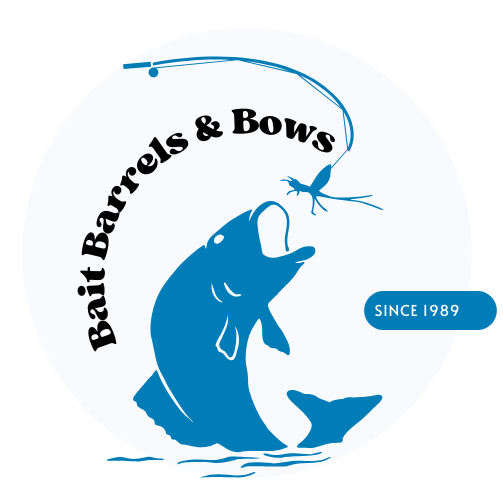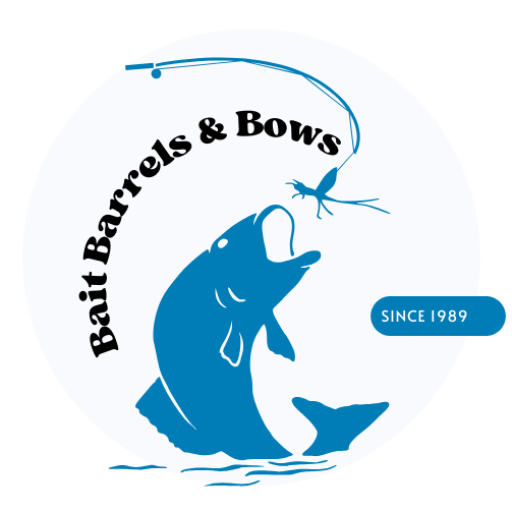Fishing offers a unique blend of physical activity, mental relaxation, and connection with nature. However, the joy of a successful catch can be overshadowed by physical discomfort or injuries. This comprehensive guide explores the common ailments anglers face and provides valuable strategies for prevention and treatment, ensuring safe and enjoyable fishing experiences.
Musculoskeletal Concerns: Avoiding Strains and Pain
Hand and Wrist Injuries: Repetitive casting and reeling can strain your hands and wrists.
- Prevention:
- Stretching: Before and after fishing, perform hand and wrist stretches to improve flexibility and blood flow. Focus on wrist rotations, finger extensions, and gentle pulls on each finger.
- Ergonomic Gear: Select fishing rods and reels that fit your hand size and strength. Opt for equipment with comfortable grips and consider padded gloves for added support, especially during long fishing sessions.
- Casting Technique: Master proper casting techniques that minimize strain on your hands and wrists. Avoid awkward arm positions and jerky motions.
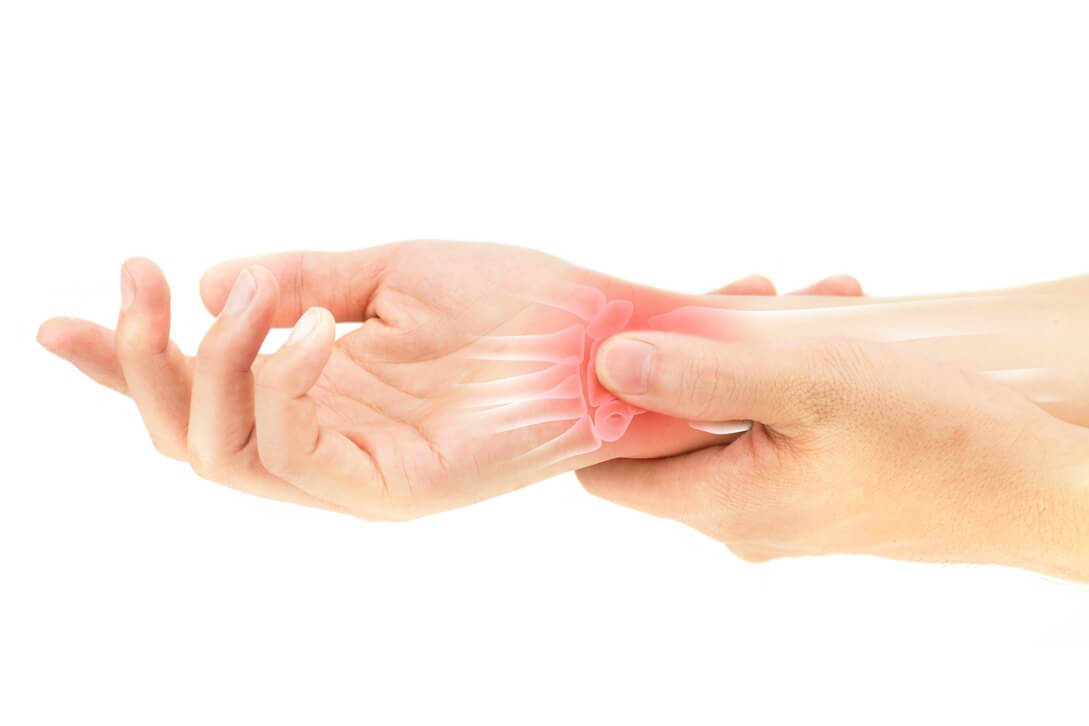
- Treatment:
- Rest: If you experience pain, discontinue the activity and allow your hands and wrists to rest. Take breaks throughout your fishing trip to prevent overuse.
- Ice and Heat Therapy: Apply ice packs to reduce inflammation and swelling in the acute phase. Once the swelling subsides, switch to heat therapy to promote tissue healing.
- Compression: Consider using mild compression wraps to support your wrists and hands. Consult a doctor if pain persists or worsens.
Lower Back Pain: Lifting heavy coolers, tackle boxes, and gear can put significant strain on your lower back.
- Prevention:
- Lifting Techniques: Always practice proper lifting techniques. Bend your knees and keep your back straight while lifting heavy objects. Engage your core muscles for added stability.
- Strengthening Exercises: Regularly perform core-strengthening exercises like planks, bridges, and squats to improve your back’s endurance and stability.
- Posture Awareness: Maintain good posture throughout the day, especially while standing for extended periods. Avoid slouching or hunching over while fishing.
- Seating Options: Invest in a comfortable, portable chair with good back support to reduce strain on your lower back during long fishing trips.
- Treatment:
- Rest and Relaxation: Allow your back to rest if you experience pain. Avoid activities that aggravate the discomfort.
- Heat and Ice Therapy: Apply heat therapy to relax tight muscles and ice therapy to reduce inflammation. Alternate between heat and ice packs for optimal results.
- Over-the-Counter Medication: NSAIDs (nonsteroidal anti-inflammatory drugs) like ibuprofen can help alleviate pain and inflammation. Consult a doctor before using any medication.
- Stretching: Gentle stretches targeting your lower back and hamstrings can improve flexibility and reduce pain.
Shoulder Pain: Casting and retrieving lines can put stress on your shoulder muscles.
- Prevention:
- Strengthening Exercises: Regularly perform exercises that strengthen your shoulder muscles, such as shoulder presses, rows, and external rotations. A strong upper body reduces the risk of injury.
- Casting Technique: Learn and practice proper casting techniques that minimize strain on your shoulders. Avoid forcing throws and maintain a smooth, controlled motion.
- Warm-Up and Cool-Down: Before and after fishing, perform dynamic stretches and light arm movements to warm up and cool down your shoulder muscles.
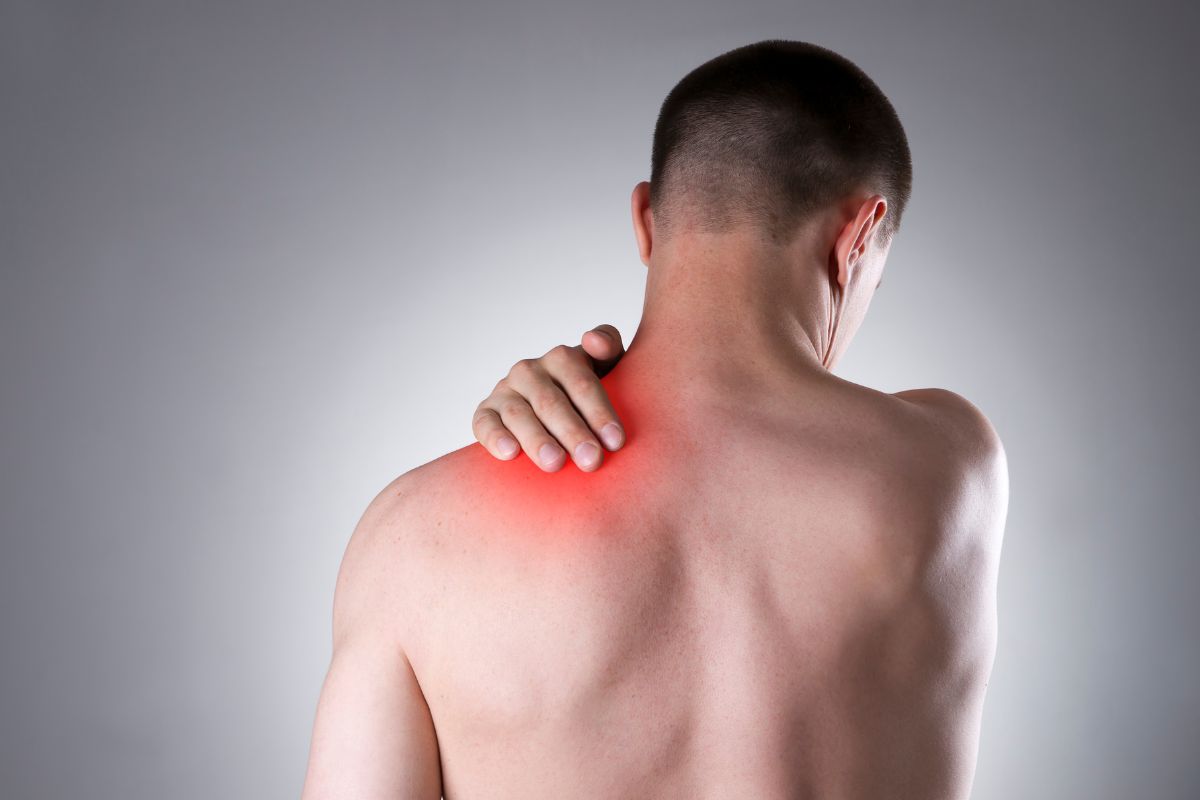
- Treatment:
- Rest: Avoid activities that exacerbate the pain. Take breaks throughout your fishing trip and allow your shoulders to rest.
- Ice and Heat Therapy: Apply ice packs to reduce inflammation and swelling in the initial stages. After the swelling subsides, switch to heat therapy to promote healing.
- Physical Therapy: If pain persists, seek professional guidance from a physical therapist. They can recommend specific exercises and treatments to address your shoulder pain.
Environmental Hazards: Protecting Yourself from the Elements
Sunburn and Skin Damage: Prolonged sun exposure can lead to sunburn, premature aging, and even skin cancer.
- Prevention:
- Sunscreen: Apply a broad-spectrum sunscreen with SPF 30 or higher liberally to all exposed skin, including your face, ears, neck, and lips. Reapply sunscreen every two hours, especially after sweating or swimming.
- Protective Clothing: Wear long-sleeved shirts, pants made of breathable fabrics, and wide-brimmed hats that provide shade for your face and neck. Consider sun-protective clothing with a UPF (Ultraviolet Protection Factor) rating.
- Hydration: Drink plenty of water throughout the day to stay hydrated and prevent heatstroke. Sun exposure can lead to dehydration, which can worsen sunburns and fatigue.
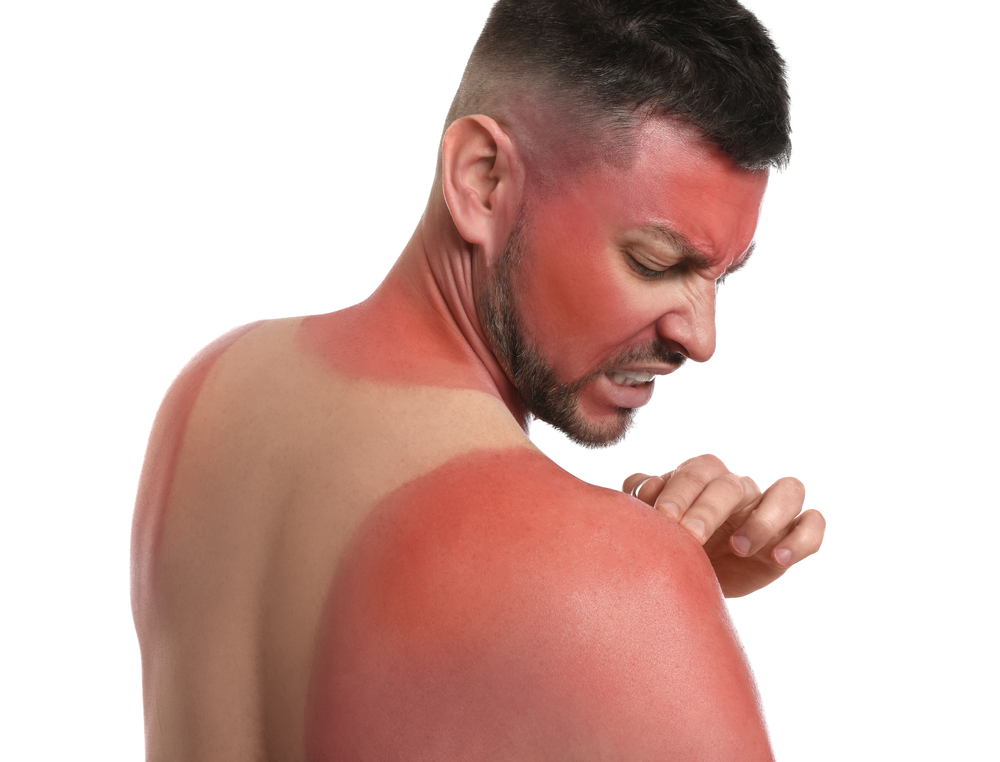
Sea Sickness: Boat movement can cause nausea, dizziness, and other unpleasant symptoms of seasickness.
- Prevention:
- Medication: If you’re prone to seasickness, consider taking over-the-counter medications like Dramamine or prescription anti-nausea medication before setting sail.
- Ginger: Ginger is a natural remedy for nausea. Consume ginger candies, tea, or even plain ginger slices before and during your fishing trip.
- Positioning: Choose a spot on the boat where movement is less pronounced, typically in the middle or near the front. Focus on a fixed point on the horizon to help maintain your balance.
- Diet: Avoid heavy meals or greasy foods before and during your trip. Opt for light, easily digestible snacks like crackers or fruits.
Beyond Prevention: Additional Tips for a Safe and Enjoyable Fishing Experience
First-Aid Kit: Always carry a well-stocked first-aid kit containing essential supplies to address minor cuts, scrapes, insect bites, and other potential emergencies.
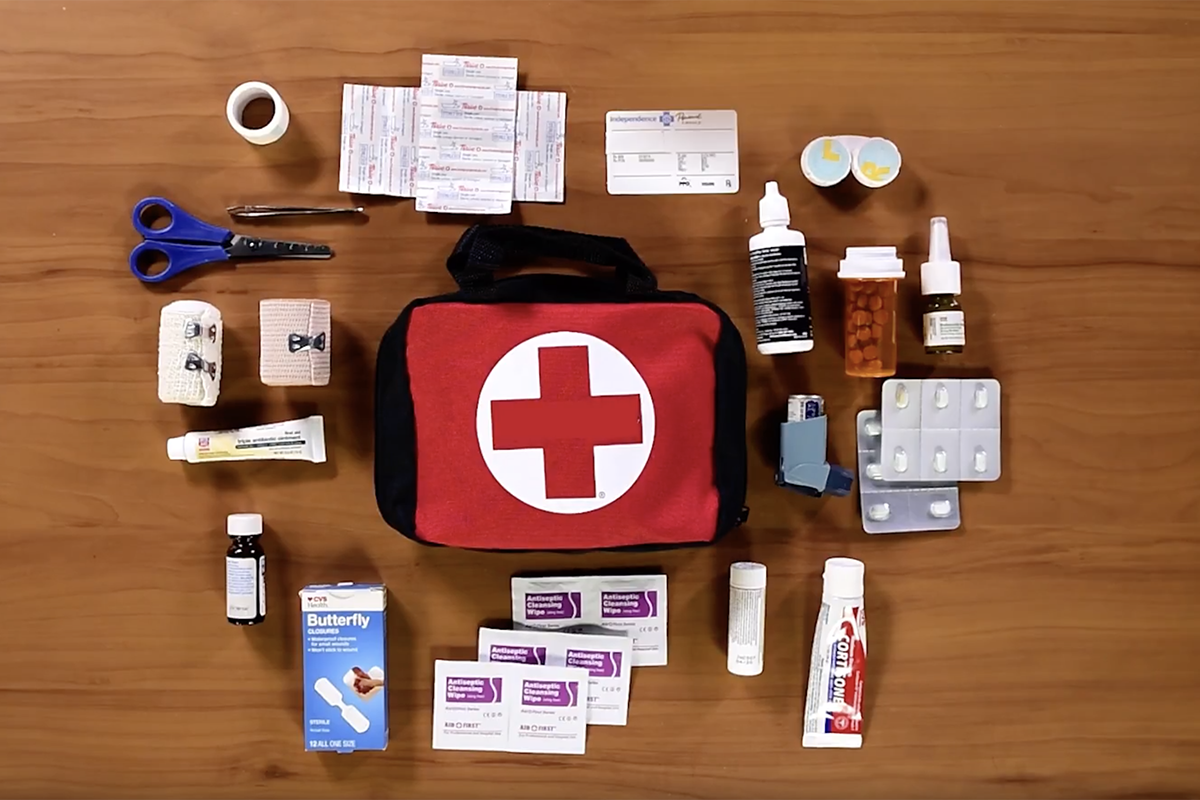
Hydration and Nutrition: Pack plenty of water and stay hydrated throughout your fishing trip. Bring healthy snacks or a light lunch to maintain your energy levels.
Sun Protection for Eyes: Wear sunglasses with UV protection to shield your eyes from harmful ultraviolet rays.
Insect Repellent: Apply insect repellent to ward off mosquitoes, ticks, and other biting insects, especially in areas with high insect activity.
Footwear: Wear appropriate footwear that provides good traction on wet surfaces and uneven terrain. Avoid flip-flops or sandals, which can increase the risk of slips and falls.
Be Weather Aware: Check the weather forecast before heading out on your fishing trip. Be prepared for changing weather conditions and dress accordingly.
Life Jacket: Always wear a life jacket when on a boat, regardless of your swimming ability. A life jacket can save your life in case of an unexpected fall overboard.
Respect Your Limits: Don’t push yourself beyond your physical capabilities. Take breaks when needed and avoid lifting heavy objects on your own.
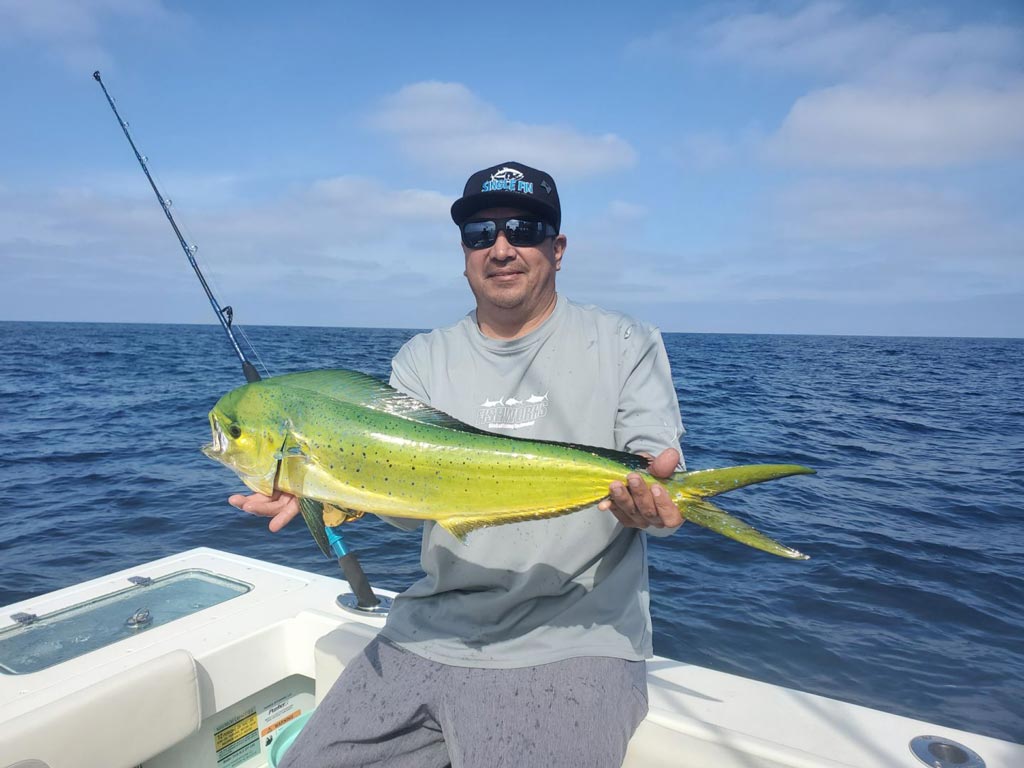
Robert Smith is the proud owner of Bait Barrels and Bows, a premier fishing sports store established in 1989. With over three decades of experience in the industry, Robert has honed his skills to become an expert angler, sharing his vast knowledge and passion for fishing with enthusiasts around the world. Through his store and writings, Robert provides invaluable tips and guidance, helping both novice and seasoned anglers improve their techniques and enjoy the sport to its fullest. His commitment to the fishing community is evident in his dedication to quality products and excellent customer service.
